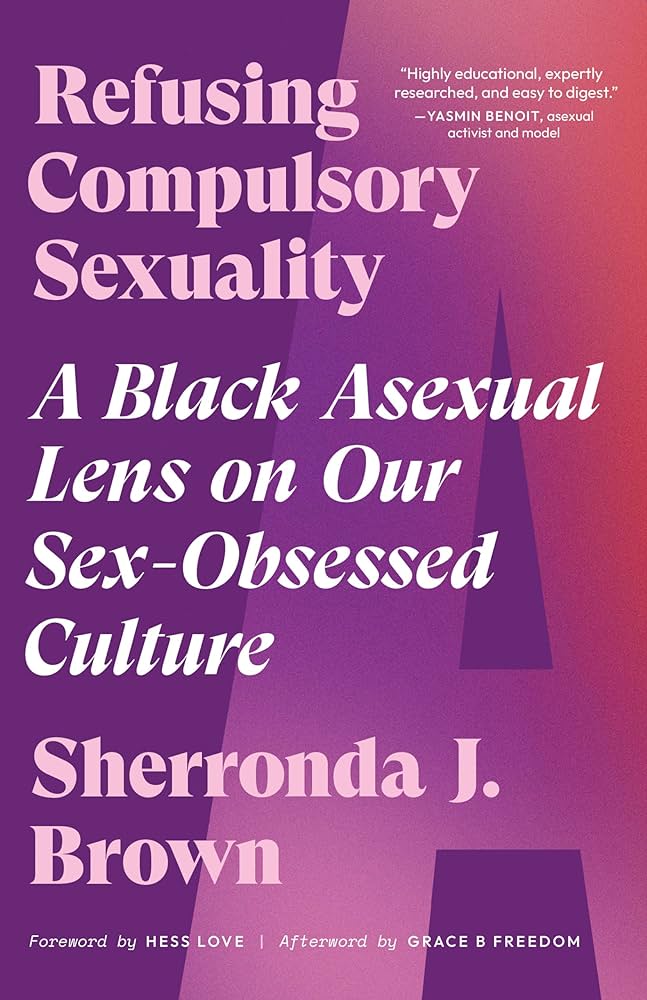
Prompts Filled: (2) A bildungsroman, (13) A book originally published under a pen name, (23) A book that features dragons, (31) A book with a title that is a complete sentence
Tags: Asexuality, Asexual, Queer, LGBTQIA, Choose Your Own Adventure, Adventure, Fantasy, Mystery, Science Fiction, Dystopian Fiction, Dystopias, Utopias, Second Person Narrative, Self Discovery, Coming Out, Sexuality, Sexual Orientation, Allonormativity, Compulsory Sexuality, Hermeneutical Injustice, Injustice, Sex, Sex Scenes, Non-explicit Sex Scenes, Sex Toys, Conversion Therapy, Kidnapping, Death, Sudden Death, Murder, Assassination, Conspiracy, Fascism, Censorship, Rebellion, Revolutions, Revenge, Secrets, Secret Society, High School, Puberty, Magic, Dragons, Cake, Crack Fiction, Crack Taken Seriously
It’s Orientation Day, the day you get a beam shot at you and you receive your sexual orientation. But something seemingly goes wrong, and while other students around you are experiencing sexual attraction and lust for each other, you feel… nothing. Did the beam not work? Are you just broken?
Or are you… something else? Something outside the norm. Something unexpected, secret, and… non-sexual.
Maybe… asexual?
You Are Asexual is a choose-your-own-adventure novel in which you navigate a series of decisions that lead you to discovering that you’re asexual. Or maybe you don’t and you just channel your passions into inventing the perfect sex toy. Or maybe you turn into a dragon!
Sparked Joy: 3/5 Okay, this book is fun, and I really enjoyed discovering all the endings, but I always wanted… more. Something deeper. The worldbuilding felt shallow, and I really wanted more. Always more.
I also found the portrayal of allosexual people somewhat… problematic. Like, these teenagers get hit with the sexuality ray and are suddenly horny and crawling all over each other in an orgy. That seemed… kind of an icky way to portray sexual attraction and how it works for allosexual people. I guess I just don’t like the stereotype that allosexual people are all hypersexual. And I think that stereotype is harmful for allosexuals.
That said, again, this book was really fun to read! On my first try, I ended up at a speakeasy for asexuals! That was cool. I think it was also a really accurate exploration of hermeneutical injustice when it comes to sexuality (and gender).
So, if you’re looking for something fun and not too deep (but also scary; there is conversion therapy—mind the tags!), this is a good book to check out!
Something I Learned: I learned that wearing a black ring in your right middle finger can turn you into a dragon!
(I’m kidding, of course. For those not in the know, a black ring worn on your right middle finger signals to other asexual people that you are asexual. Polyamorous people and swingers also often wear black rings on the right hand, but there is an unofficial agreement amongst these communities that the middle finger is reserved for asexuality.)
Something I’m Inspired to Do: A little while ago, I went to a Powerpoint Party and presented on Why I Hate Funko Pops. I’m thinking maybe next time, I want to write a collaborative Choose Your Own Adventure presentation!
You Are Asexual was published in 2021. Support your local bookstore if you can, or visit your local library!


